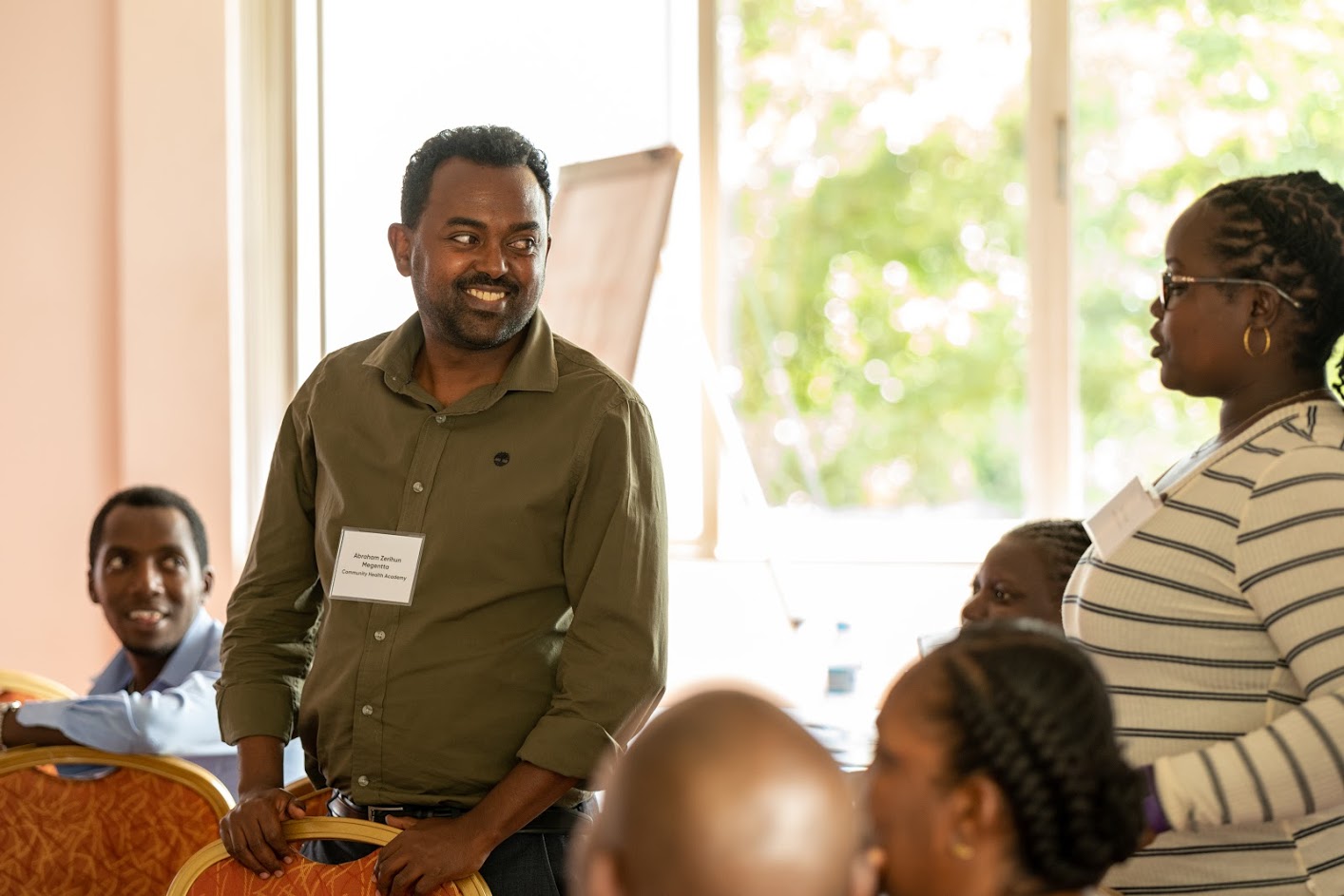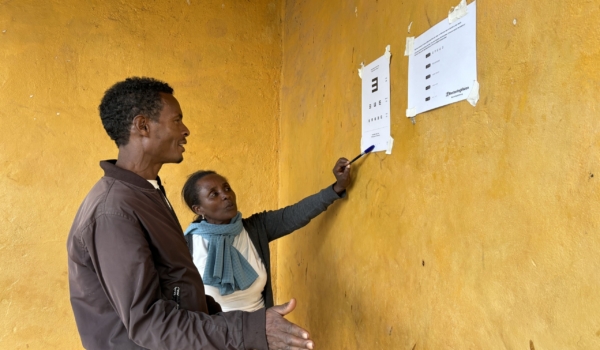Abraham Zerihun Megentta is the Regional Advisor Consultant, East and Southern Africa for Last Mile Health’s Community Health Academy. Below, he reflects on what we can learn about empathy from the COVID-19 pandemic.
COVID-19, the illness caused by the new coronavirus, has now spread to more than 100 countries including my home country, Ethiopia.
Panic, hysteria, and misinformation have preceded the virus. Maintaining calm and composure amidst all of the noise can be challenging. Even for a public health professional like myself, differentiating the myths from the facts is difficult. I’m scared when I think of my frail, elderly parents and their vulnerability to the virus. Anxiety about my loved ones is compounded by concern for what the pandemic will do to our already weak health system in Ethiopia–– a picture that becomes vividly apocalyptic considering what we have already seen in China, Europe, and the United States.
I’m also reminded of the empathy gap that I see when comparing the disproportionate panic and attention that the COVID-19 pandemic is receiving, to the daily suffering and avoidable death of women and children in poor communities across the globe.
The odds of a person dying from coronavirus is considerably lower than the odds of an African child dying before their time–– according to UNICEF, in sub-Saharan Africa 1 in 13 children will die before celebrating their fifth birthday. Every minute, one child dies from malaria, one child dies from measles, and six children die from pneumonia.
So why the disproportionate panic for COVID19? Why the disproportionate worry? Why the disproportionate media reporting? Has the world condemned the poor and less fortunate? Has the world grown numb to their suffering and preventable death? Does all of humankind really enjoy inalienable rights? Coronavirus is teaching us a harsh lesson by infecting the rich and powerful among us: the spread of disease and suffering does not discriminate based on income or social status, and there is an empathy gap for those less fortunate.
But I am optimistic. Every challenge has an opportunity; the coronavirus crisis has reminded us that we are all connected and even the the most affluent among us – with access to state-of-the-art medical care – are not immune to the global spread of disease. An outbreak in a rural community can quickly become a pandemic impacting all echelons of society. If health systems across the globe can’t function in partnership and harmony, we will not be able to contain current or future threats to our health.
The COVID-19 pandemic is proving that to survive, we all need to step up and end the glaring health disparities between the global north and the global south. Health for all is no longer a moral obligation for some, but a prerequisite to survival for all. The energy we have for the new coronavirus should be used to mobilize resources that not only fight the current outbreak of COVID-19 , but that build the health systems of developing countries for the long-term so that preventable deaths from malaria, measles, and pneumonia become a relic of the past. It is time we extend a hand to those whose suffering has been accepted for far too long.
Closing the empathy gap is no longer a choice, but a necessity for our collective survival.





